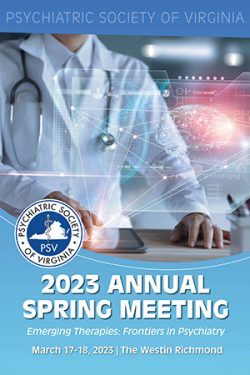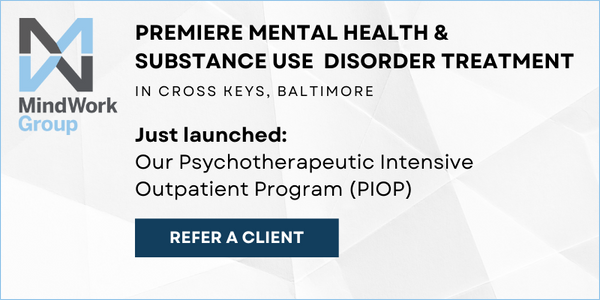By Ching-Fang Sun, MD
Psychiatry Resident, PGY2
Department of Psychiatry and Behavioral Medicine
Carilion Clinic-Virginia Tech School of Medicine
Adolescents with ADHD Prescribed Mixed Amphetamine and Alprazolam Are at A Higher Risk of Substance Use Disorder
Ching-Fang Sun, MD1, Archana Adikey, MD2, Virginia C. O’Brien, MD1,3, Anita S. Kablinger, MD1,3
1Department of Psychiatry and Behavioral Medicine, Virginia Tech Carilion School of Medicine, Roanoke, Virginia, USA
2Child and Adolescent Psychiatry, University of Arkansas Medical Science, Little Rock, AR, USA
3Virginia Tech Carilion School of Medicine, Roanoke, VA, USA

Co-prescription of amphetamine and alprazolam is problematic due to the opposing central nervous system effects of these medications. Moreover, both amphetamine and alprazolam have the potential for dependence and misuse.
Dr. Ching-Fang Sun and colleagues from Virginia-Tech Carilion School of Medicine conducted a retrospective cohort study by analyzing the TriNetX Research database, a system built on real-time electronic medical record networks, to examine the effect of a combination of amphetamine and alprazolam in a real-world setting. They focused on adolescents aged 12 to 18 who received pharmacological treatment for attention-deficit/hyperactivity disorder (ADHD).
According to the results, adolescents with ADHD prescribed alprazolam were at higher risk of substance use disorders than those who were not prescribed either amphetamine or alprazolam. The risk of being diagnosed with future substance use disorder was even higher in those who were prescribed a combination of amphetamine and alprazolam.
Interestingly, amphetamine for ADHD treatment alone did not increase the risk of substance use disorder. This study highlights that clinicians should avoid prescribing alprazolam to adolescents with ADHD. Further studies are warranted to clarify the causal relationship between amphetamine, alprazolam, and substance use disorders.


